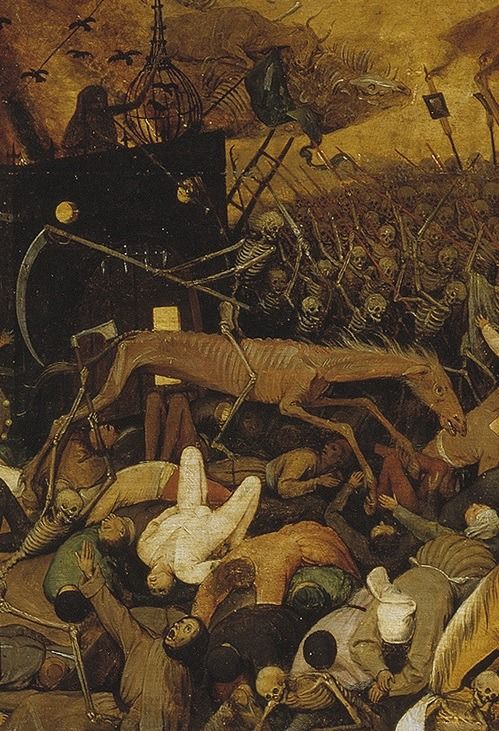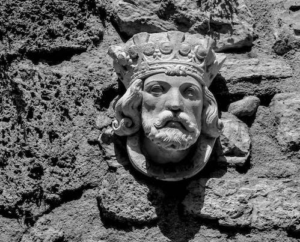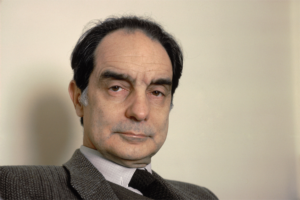The Echo of a Pandemic
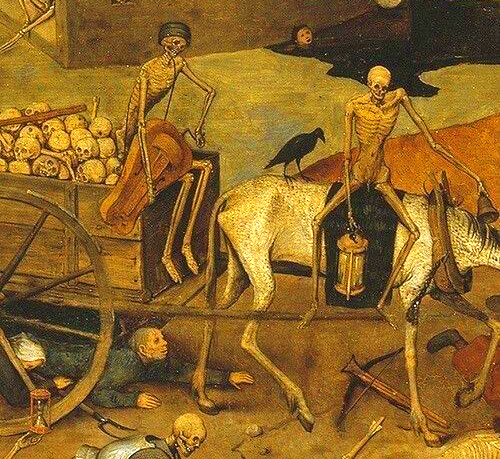
Penthesilea
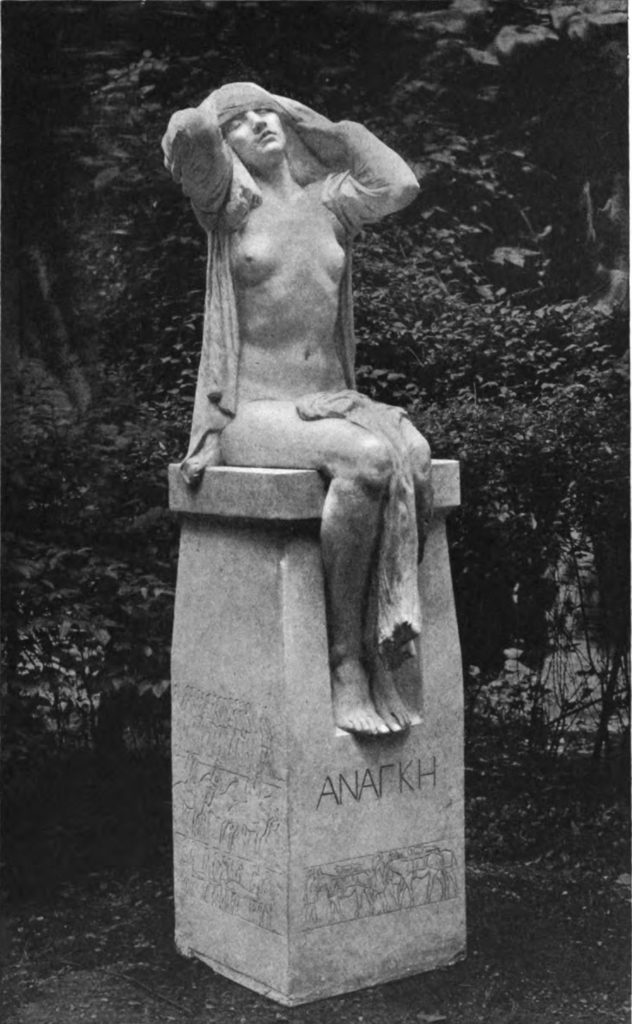
We are currently suffering through a period of extant dystopia, where without consent many people are forced into exogenous coercion, which is dominated by despair, anxiety, and ambiguity between what they are and what they want to be. Individual freedoms have been curtailed, and their priorities have changed dramatically. Necessity is the mother of invention as we know; when man is in a state of emergency he invents various and often imaginative ways of survival. This Ananke (ανάγκη) in times of uncertainty intensifies the striving of man to make his future, while at the same time creates the conditions that form the present, which will later be transformed into a state of Being – in the Parmenidean sense of the term. That is, to be in a situation where everything seems to be still and subject to changes, but which we cannot control either, because these changes are a result of human intervention (e.g the State) or because these changes are above and beyond any prediction (e.g an accident caused by man).
Lately, we have seen specific human behaviors, which refer to a state of war; the medical staff is on their feet, the workers continue to work unceasingly despite the measures being taken, the agricultural sector is in a hurry to exceed its average standard, so that the rest of the population is able to meet basic needs. Of course, for some things are not so serious, especially in places (such as the United States or Europe) where technology and abundance help keep people in touch – maintaining their bonds. Forced isolation changes also the way we live, bodies do not require direct contact with others, though they may remain in spiritual contact, which during this time prevails over the physical. The apotheosis of the body has been neglected, the pleasures have been sidelined and the spirit provides a safety net in communication. But there are also cases in which the spirit is weakened, precisely because it has overcome its separation from the body (Descartes’ dualism).

Men require exercise and respites in nature, which is the physical prerequisite for a healthy mind (‘νοῦς ὑγιής ἐν σώματι ὑγιεῖ’). But how healthy can the mind be in such a time as this, and how healthy can the body remain when shackled by isolation or threat of sickness? The mind may still be healthy when it comes to performing the duties of everyday life, and maintaining a sense of inner fulfillment, but quarantine drives men towards primitive needs (such as gluttony) as in advanced societies with fail-safe food systems over-consumption is all too available. This is when we ought to vigilant about denying the body in favour of feeding the mind. At the same time, privation of material goods during a health crisis does not seem recommendable, as it has unpredictable and potentially dire consequences privately and publicly. Additionally there is a three-dimensional need: that of warily attempting to manage events out of our control, such as the political and social mechanisms themselves. The need to control everything around us fades before more vital concerns and the realities of outside forces, like a virus.
People are usually inclined to take the easy route: not to look for what is far from their radar. In an era of constant deconstruction, it is important to be wary of change which either blocks our Being, or is compelled by a short-sighted passion.
When man’s limits and freedoms are being restricted, having a severe economical or psychological impact, there will be a time when a certain groups will react violently. This is not about a revolution, but rather a new collectiva that could arise at the restrictions of a globalized pandemic. Man’s desire to shout out his opposition to a pandemic-morality is a challenge we should examine in both its pros and cons. Creating a new morality over an existing moral scheme may be how morals evolve, but such considerations are overshadowed while we are still counting the dead.
